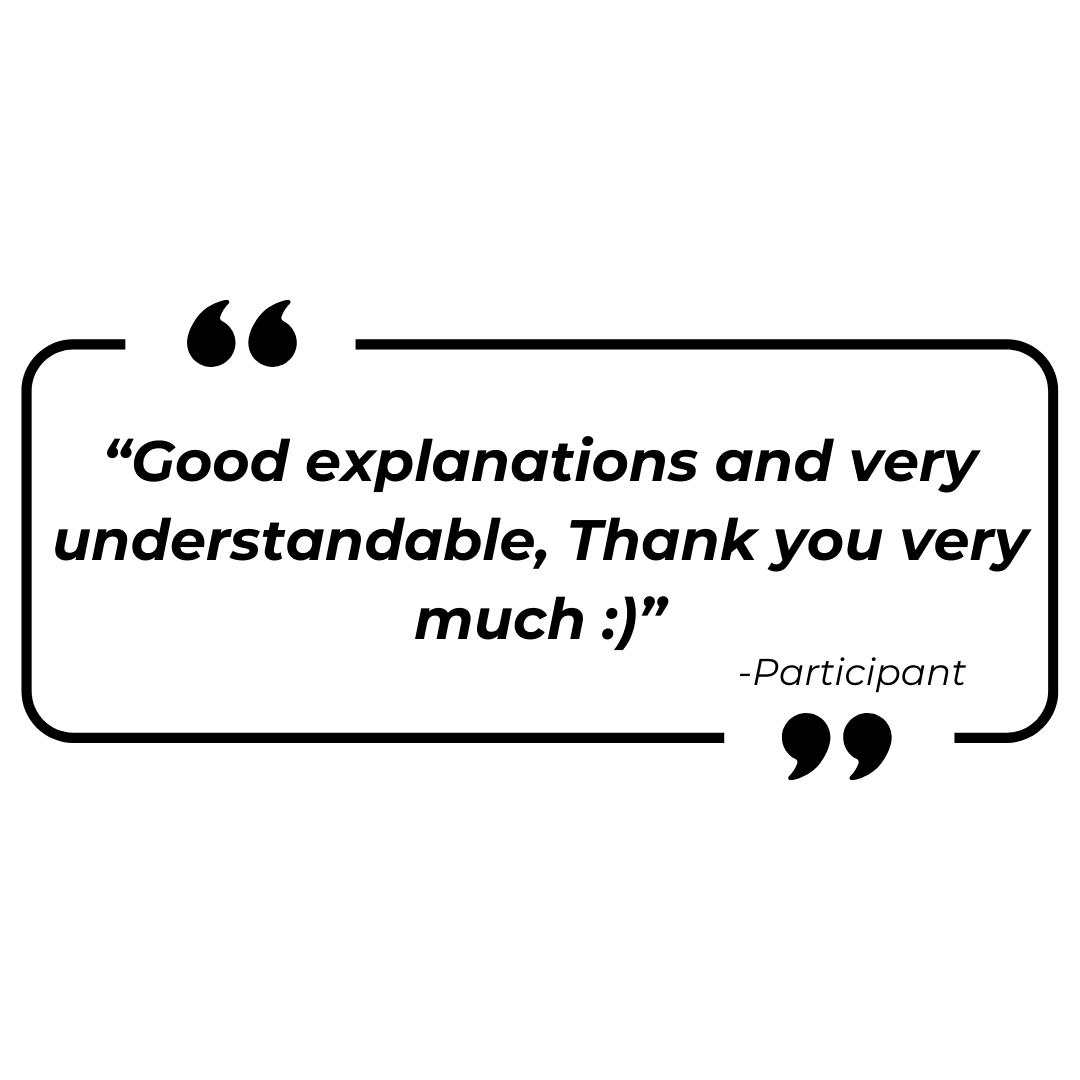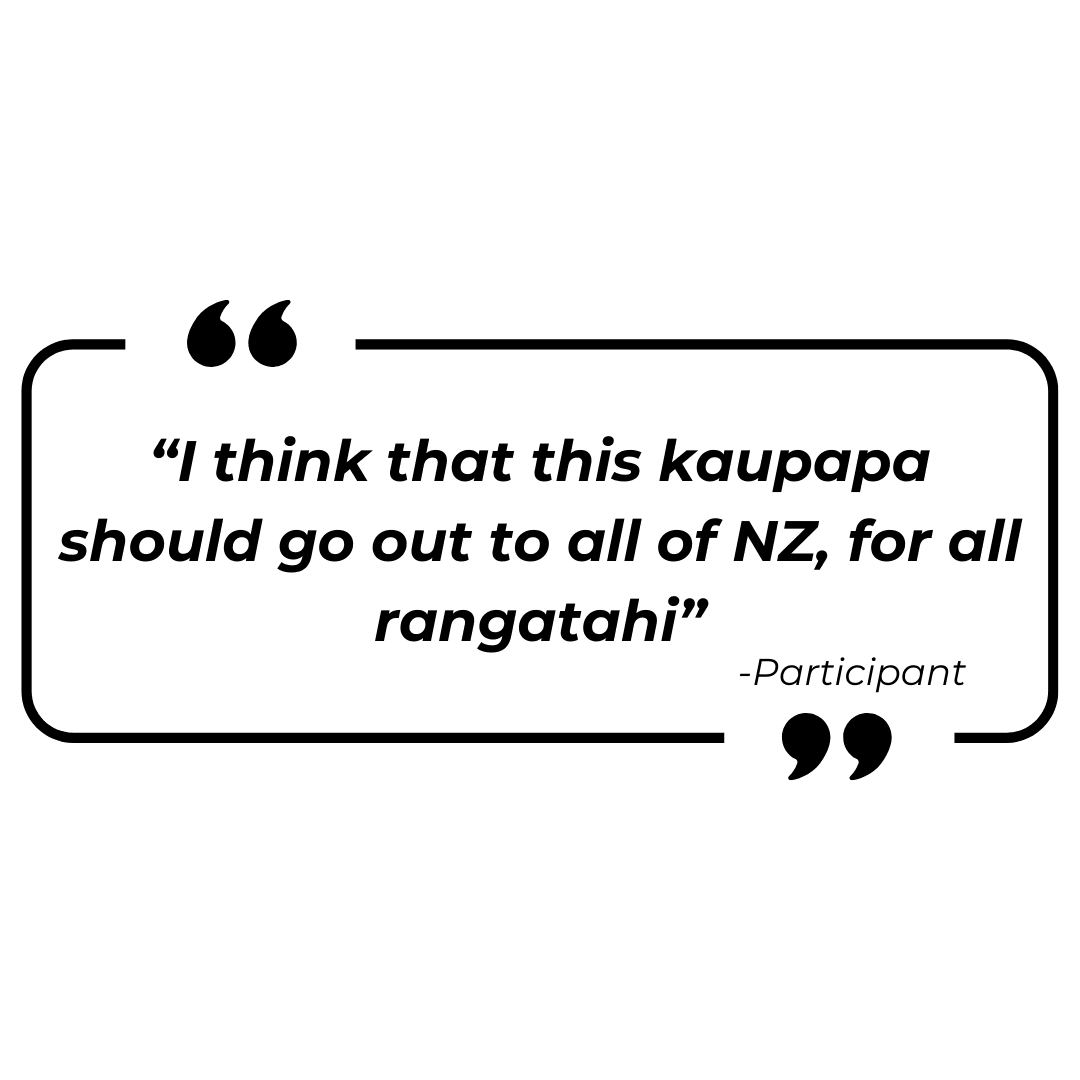The PETRA Programme
Wāhi offers the Preventative
Education and Training for Resilient Adolescents (PETRA) Programme
in hopes of being part of the solution to overcoming the overwhelming youth mental health statistics.
Feedback from participants





The PETRA programme includes 6 activities-based sessions around building resilience, emotional regulation and coping.
Using activities in our sessions, we help youth to engage with topics that are not always easy to learn or discuss in other ways, such as youth mental health.
Throughout the PETRA Programme, we explore the concepts of Te Whare Tapa Whā as well as the Zones of Regulation to help us develop resiliency and knowledge around different aspects of our well-being.
Find a breakdown below with descriptions of what we do and aim to achieve in each of the 6 sessions.
Session 1
Whakawhanaungatanga - Connection
In this session, we will be exploring connection.
We explore connection to the whenua and the area as well as each participant's pepeha.
We explore why it is important to understand mental health and well-being and how relevant it is to young people in this day and age.
This session will allow youth to:
Develop group rules together to ensure that it is a safe space to engage with difficult concepts over the next six weeks
Allow youth to explore mental health and well-being in a safe space
Develop connection and cohesion within the group through games, activities and local pūrākau (Māori stories)
Gain an understanding of why well-being is important to understand and manage
Gain an understanding of mental health for youth
Session 2
Foundation
In this session, we will be exploring foundation.
To develop a healthy and solid foundation, it helps to understand our identity and emotions.
We will be exploring identity through Te Whare Tapa Whā, which explains that a whare (house) is healthy when the four walls are healthy. This is the same for us, when the four walls of our health are strong, we are well. These areas of a persons health are Taha Wairua (Spiritual), Taha Tinana (Physical), Taha Whānau (Family/Social) and Taha Hinengaro (Mental).
We understand that to have a strong house, we must also have a solid foundation.
Values help us to make up a part of our identity and foundation, so knowing what our values are is important.
This session will allow youth to:
Develop an understanding of holistic health
Explore their values and identity
Develop their emotional vocabulary
Engage in activities that bring concepts to life
Develop understanding of the Zones of Regulation
Session 3
Recognise - Our Emotions and Others
In this session, we will begin to deepen our understanding of emotions and what that feels like in our body.
We continue to explore the four Zones of Regulation and how a some of the different emotions can look and feel in our bodies. This allows young people to recognise what they are feeling in themselves so they can implement ways to get into a space where they can feel relaxed and focused.
We also explore the CHUR Model which is a way to help out our mates when they are feeling down. We reassure the youth that all the pressure is not on them to know all the answers.
This session will allow youth to:
Deepen understanding of emotions and widen emotional vocabulary
Explore why it is important to recognise our emotions
Develop skills to talk to mates that are going through a rough patch
Know that there is support to help them through tough times
Session 4
Options
In this session, we will be exploring triggers and options.
Understanding that each of us have different triggers that contribute to our mental well-being is important. It is also important to understand that we have options and do not have to act out of emotion.
Through engaging in games and activities we will start to recognise the tools we can use to overcome difficult emotions and situations. Participants will start to grasp that they have the ability to manage their emotions so that they can make well-informed decisions in a calm state rather than making decisions as a result of their emotions.
This session will allow youth to:
Recognise their individual triggers
Recognise how these triggers affect our ability to manage ourselves and the way we respond
Build sensory tools that can help them to manage their emotions
Develop understanding around when we can use different tools
Session 5
Self-Talk: Coach or Critic
In this session, we will be exploring healthy and unhealthy self-talk.
Through this session, rangatahi will gain an understanding of positive and negative feedback loops, which come from others.
They will also begin to recognise the types of self-talk that they have with themselves.
These are put into two groups, the Inner Critic, which is responsible for negative self-talk and the Inner Coach, which is responsible for positive self-talk.
Through engaging in activities, rangatahi will develop skills to overcome the Inner Critic and utilise the Inner Coach to overcome challenging situations that may arise.
This session will allow youth to:
Understand positive and negative self-talk
Explore why it is important to recognise the self-talk we are using
Develop ways to use the Inner Coach
Build a Sensory Tool
Develop an understanding of how to use mindfulness
Session 6
Tuia - To Weave
Our final session is about how we can weave in the lessons we have learned throughout the PETRA Programme and use these lessons to help us in our everyday lives.
We will explore how using these tools can assist us to overcome challenging situations and emotions in a safe and healthy way. We also explore what role models are and use the tools that we have learned to encourage one another.
In completing these sessions, youth have developed skills, understanding and tools to be able to manage their wellbeing and this session is a time to celebrate those achievements.
This session will allow youth to:
Feel a sense of achievement and encouragement
Feel equipped to face challenges in the future
Practise the Inner Coach by encouraging others
Understand that they are not alone and they can access support in their community
Feel a sense of empowerment over their ability to manage well-being
Testimonials from Participants & Staff
Kura Testimonials
Tumuaki/Principal - Te Kura o Te Whānau-a-Apanui
Deputy Principal - Te Kura O Te Whānau-a-Apanui
High School Testimonials
Tarawera High School Teacher
Tarawera High School Rangatahi
Community Youth Group Testimonials
Whakatāne Baptist Youth Leaders
Whakatāne Baptist Rangatahi
Church Testimonials
Whakatāne Baptist Youth Pastors





Huge thank-you to these generous change activation partners and sponsors.
Together we are actively providing youth mental health education in our communities.





